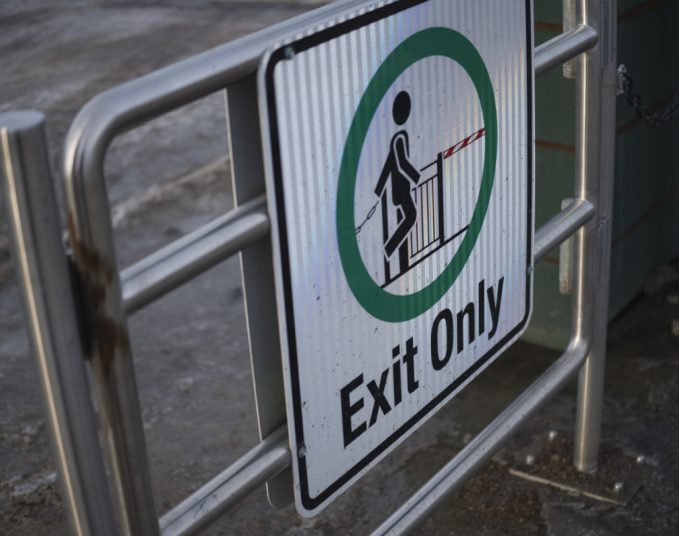The City of Edmonton is looking at a plan that would make in-person training mandatory for drivers of cabs, limos and, yes, ride-share services.
Uber, the biggest ride-share company in the market, believes that its optional online training drivers is good enough.
This week at City Hall, a similar scene played out to one that’s already happened in Calgary two years ago, when our neighbours to the south increased training requirements for drivers of for-hire vehicles. Back then, Uber stated it did not want to see mandatory courses, with the associated fees, pushed on its drivers.
Edmonton’s Community and Public Service Committee reviewed the plan to update a bylaw that regulates cabs and other vehicles for hire, like Uber and limo services. There’s a focus on making drivers more aware of riders with accessibility issues. The plan, which still would need to be approved by council as a whole, would see the City set a training standard for all drivers of for-hire vehicles, while the industry would provide the courses. At least one of the two modules would require drivers to attend in-person.
Uber pushed back against the introduction of mandatory driver training and the training fees that would come with it.
“We would be concerned with a one-size-fits-all approach which might actually be less effective in practice,” said Yanique Williams, Uber’s public policy manager for Western Canada. She appeared remotely at the council meeting.
“For the proposed mandatory driver training, we worry that, while well-intentioned, it would pose a disproportionate burden on many individuals who turn to platforms like Uber to earn,” said Williams.
“This full-day course could be a barrier to entry to drivers who look to the Uber platform for a flexible earning option, providing important additional income to help them pay rent, support their caregiving responsibilities, support their children’s university education or save a bit extra for retirement.”
Williams said that Uber offers online training to drivers on how to use the app, how to be mindful of others on the road and information on sexual misconduct. There’s also a policy in place to make sure drivers are mindful of human-rights legislation and that they have to transport people with disabilities and service animals. She said that council could simply recognize Uber’s training modules as being sufficient under the new bylaw.
But here’s the rub when it comes to Uber’s own online driver training programs — drivers can work for Uber whether they complete those courses or not.
Uber’s fall-back option would be, if the City does mandate training, that all of it should be available online. She said many drivers choose Uber as their second jobs, so it’s not easy to get a full day to a city-mandated training course unless it was online.
Council heard from others in the cab and limo industry that rising insurance and fuel costs are major issues. In July of 2022, council approved a 13.29 per cent temporary increase in meter rates.
“I am really concerned about the insurance part,” said Mayor Amarjeet Sohi. “Some of the companies have started refusing insurance for taxi companies. It will have a significant burden on the industry.”
As well, the committee passed an amendment to the new bylaw, which would allow drivers to ask for deposits up front. This was brought up as a safety concern by the industry.
The bylaw itself comes up in front of council on May 16.
Savvy AF. Blunt AF. Edmonton AF.




